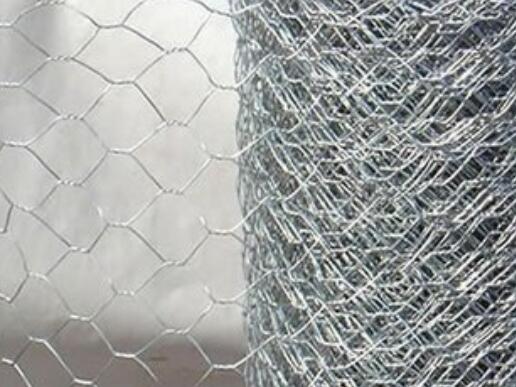Understanding Mesh Filter Screens Key Concepts and Uses
In various industrial and commercial applications, effective filtration is a critical process. Among the various filtration systems available, mesh filter screens play a crucial role in ensuring the purity and quality of liquids and gases. This article delves into the intricacies of mesh filter screens, focusing on their construction, functionality, and applications across different industries.
What Are Mesh Filter Screens?
Mesh filter screens are devices made up of interconnected wires or filaments woven to create a uniform surface with defined openings. These screens are designed to separate particles from liquids or gases based on size, ensuring that only the desired medium passes through while retaining contaminants. The openings in the mesh can vary in size depending on the application, and the material used can range from stainless steel and nylon to polyester and more, depending on the environment and the specific needs of the filtration process.
The Construction of Mesh Filter Screens
The manufacturing process of mesh filter screens involves weaving techniques that determine the size and shape of the openings. Common patterns include plain weave, twill weave, and dutch weave, each offering distinct benefits in terms of filtration efficiency and strength. The choice of mesh type often depends on the characteristics of the substance being filtered. For instance, fine meshes are ideal for filtering out small particulates in liquids, while coarser meshes might be used in applications requiring higher flow rates.
How Mesh Filter Screens Work
Mesh filter screens operate on a straightforward principle the physical barrier created by the mesh structure prevents particles larger than the openings from passing through. When a fluid or gas flows through the filter, the mesh captures contaminants, while the desired substance continues to flow. The efficiency of a mesh filter screen is often measured by its retention rate, which indicates the percentage of particles captured relative to the total amount. Factors such as mesh size, type of material, and flow rate play critical roles in determining filtration effectiveness.
Applications of Mesh Filter Screens
mesh filter screen

1. Water Treatment In water treatment facilities, mesh filter screens are instrumental in removing debris, sediment, and organic matter from raw water sources before it undergoes additional purification processes. This initial filtration step is vital in ensuring the water’s quality and safety for consumption.
2. Food and Beverage Industry Filter screens are widely used in food and beverage production to eliminate unwanted particles from ingredients, ensuring product purity and safety. For example, in brewing, mesh filters are employed to separate solid materials from liquids, enhancing the clarity and quality of the final product.
3. Chemical Processing In chemical manufacturing, mesh filter screens are essential for processes such as distillation and extraction, helping to filter out impurities and maintain the integrity of the final products.
4. Pharmaceuticals The pharmaceutical industry relies heavily on precise filtration to produce high-quality medications. Mesh filter screens are used to sterilize liquids and ensure that all contaminants are removed from sensitive formulations.
5. Oil and Gas In the oil and gas sector, these filters help in separating solids from liquids during drilling and production processes, thus protecting pumps and other equipment from damage.
Maintenance and Considerations
While mesh filter screens are durable, their effectiveness can diminish over time due to clogging and wear. Regular maintenance, including cleaning and replacement, is crucial for ensuring optimal performance. Additionally, selecting the right mesh size and material for specific applications significantly impacts the filtration efficiency and longevity of the filter.
Conclusion
Mesh filter screens are indispensable tools in countless industries, driving processes that require the removal of contaminants from liquids and gases. By understanding their construction, operation, and applications, industries can better appreciate how these filters contribute to product quality and safety. As technology advances, the development of more efficient and specialized mesh filters will continue to enhance various filtration processes across multiple sectors.

















